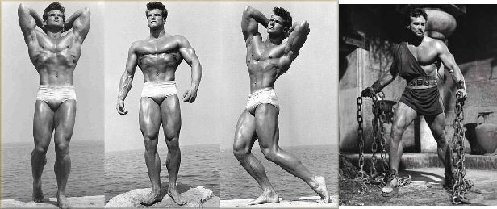A car wash, carwash, or auto wash is a facility used to clean the exterior, and in some cases the interior of motor vehicles. Car washes can be self-service, full-service (with attendants who wash the vehicle), or fully automated (possibly connected to a filling station).
Car washes may also be events where people pay to have their cars washed by volunteers, often using less specialized equipment, as a method to raise money for some purpose.
History
1946
The history of commercial car washes in the United States began in 1914. People used manpower to push or move the cars through stages of the process. The name is credited to Automobile Laundry in Detroit, Michigan, opened in 1914 by Frank McCormick and J.W. Hinkle .
Manual car wash operations peaked at 32 drive-through facilities in the United States. The first semi-automatic car wash in the United States made its debut in 1946. A facility in Detroit, Michigan, used automatic pulley systems and manual brushing.[5]
1955
Dan Hanna, encouraged by car washers in Detroit, made his own car wash in 1955 called the Rub-a-Dub in Oregon. In 1957, he formed the Hanna Enterprises and eventually reached about 31 locations. In 1959, Hanna operated his wash rack until he made the first mechanized car washing system. Hanna saw expansion as the popularity of his mechanized system spread throughout the city.
1960s
By the mid 1960s, Hanna Enterprises established itself as the main manufacturer of car washing equipment and materials. This includes the Wrap-Around Brush, Roller-on-demand Conveyor belt, soft cloth friction washing, several ways to wash the tires, and a recirculating water system.
1970s
The 1970s introduced the automatic wheel cleaner and the polish'n'wax.
The first conveyorized automatic car wash appeared in Hollywood, California in 1940. Conveyorized automatic car washes consist of tunnel-like buildings into which customers (or attendants) drive.
If you want to read more, go here: https://en.wikipedia.org/wiki/Car_wash
- 1 cup (1/2 pint) heavy cream
- 3 eggs
- 2 (10-ounce) packages frozen chopped spinach, thawed and squeezed dry
- 1/3 cup grated Parmesan cheese
- 2 tablespoons all-purpose flour
- 1/8 teaspoon ground nutmeg
- 1/8 teaspoon ground red pepper
- 1/2 teaspoon salt
- 1/4 teaspoon black pepper
- Preheat oven to 350º. Coat an 8-inch square baking dish with cooking spray.
- In a medium bowl, beat heavy cream and eggs 2 to 3 minutes, or until foamy. Add remaining ingredients; mix well and pour into baking dish.
- Bake 30 to 35 minutes, or until a knife inserted in center comes out clean. Cut into squares and serve.
And births this date include...
National Hug Day or National Hugging Day occurs on January 21st and is officially recognized by the United States Copyright Office, but is not a public holiday.
Unfortunately with this horrible covid19 everywhere, hugging is not something to do.
The purpose of the day is to help everyone show more emotion in public. The only way to celebrate the day is by offering a hug to anyone and everyone you want. While National Hug Day and the Free Hugs Campaign share many similarities, there is not an association between the two.
Whether you hug a family member or a stranger, the mental and physical health benefits are the same. From the day we are born, hugs or touch improve our sleep. Hugging, like cuddling, releases oxytocin. On its own, this hormone provides tremendous health benefits. Not only does it gives us feel-good hormones, but it reduces pain. Receiving a hug helps reduce stress, lowers blood pressure, and lowers the risk of heart disease. It also eases anxiety.
HOW TO OBSERVE
Give someone a big hug. Or, if you need one, ask for a hug and reap the benefits. You can also give a mental hug. Let someone know you care by sending warm, cheerful words of encouragement to those in your circle. Boost their joy by letting them know how much they mean to you with a verbal hug until you can give them the real one.
NATIONAL HUGGING DAY HISTORY
The holiday was founded by Rev. Kevin Zaborney on March 29, 1986, in Caro, Michigan.











